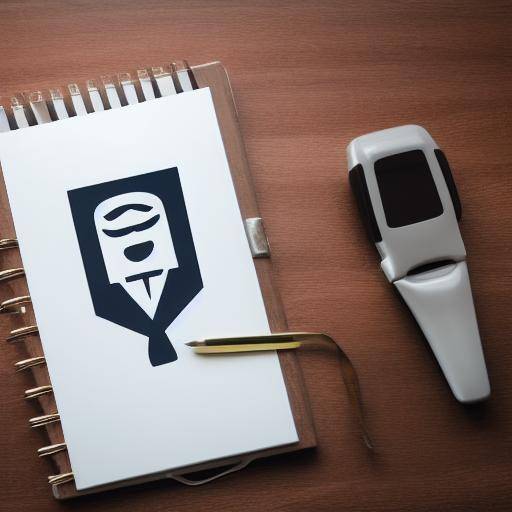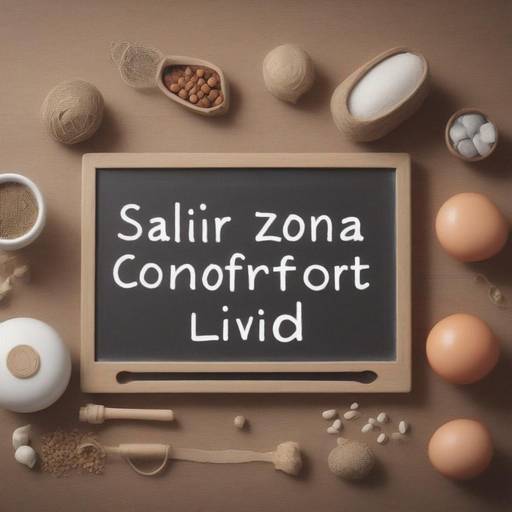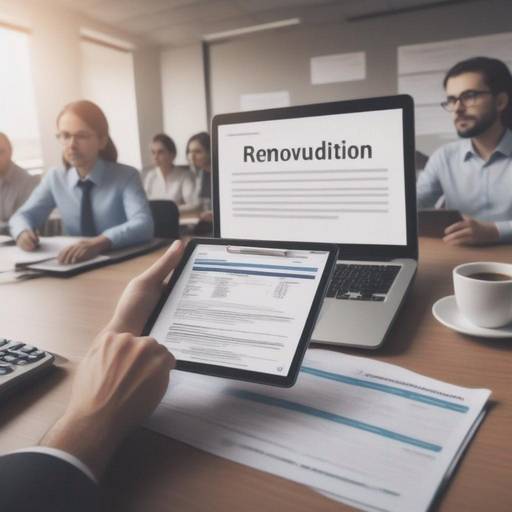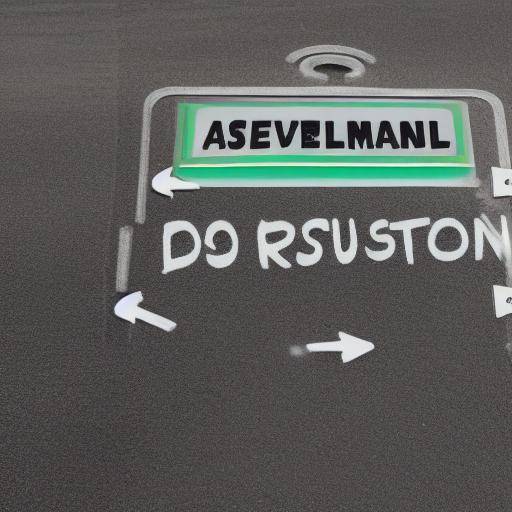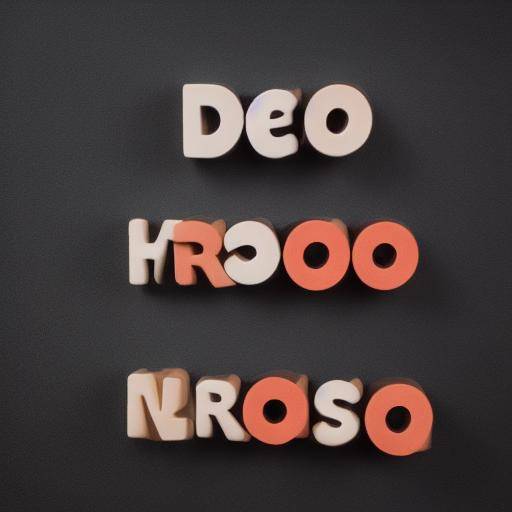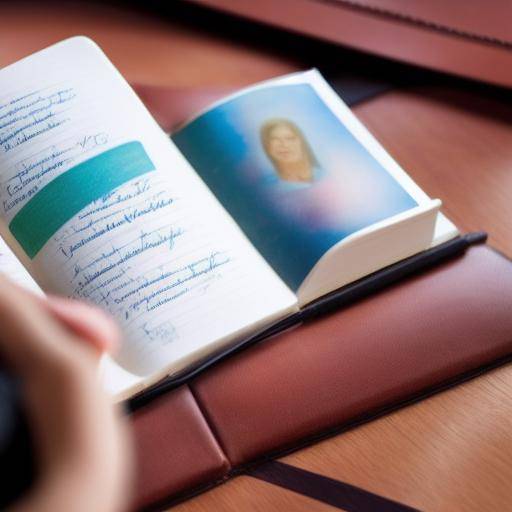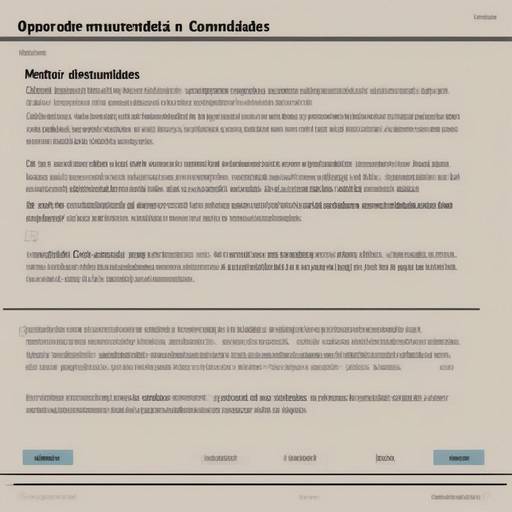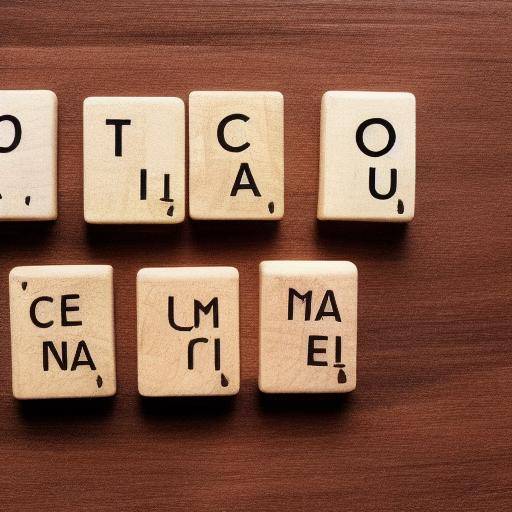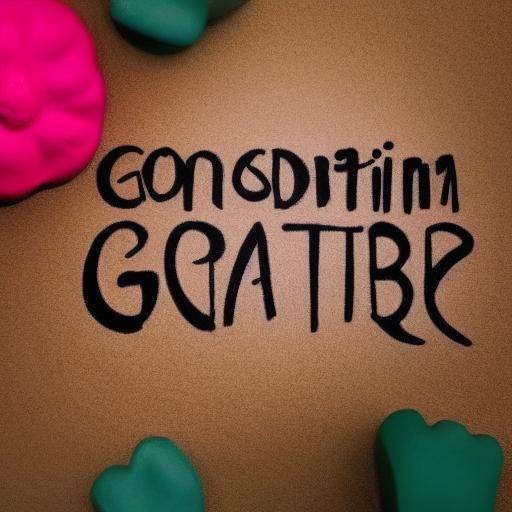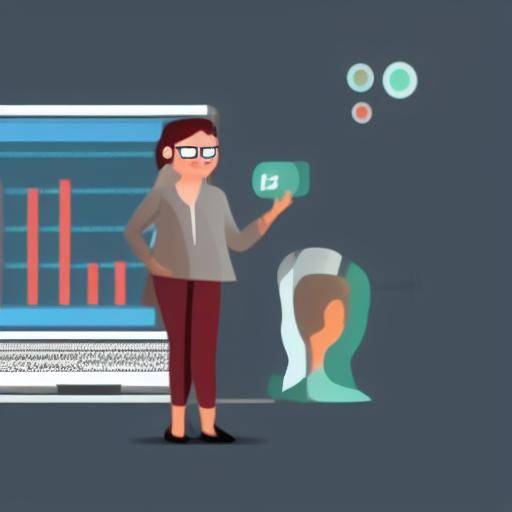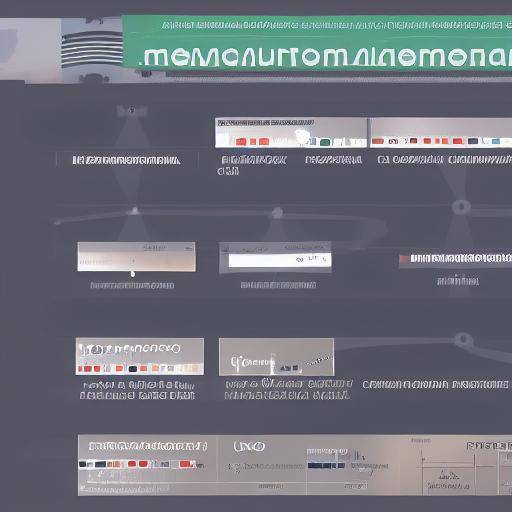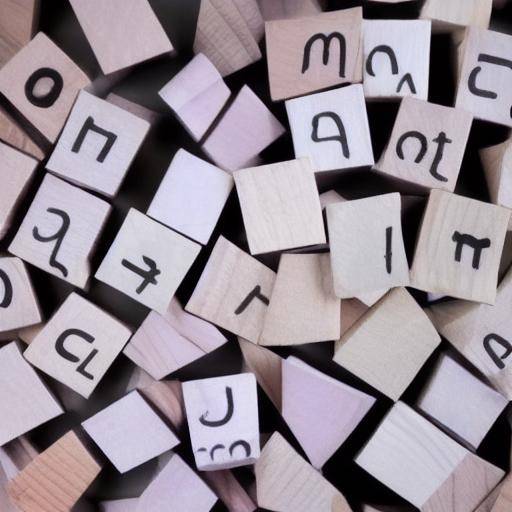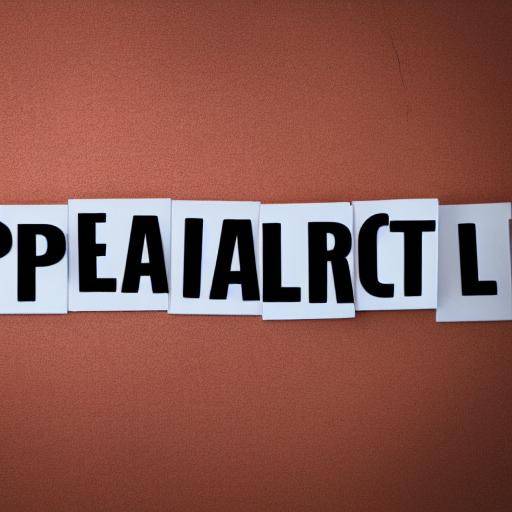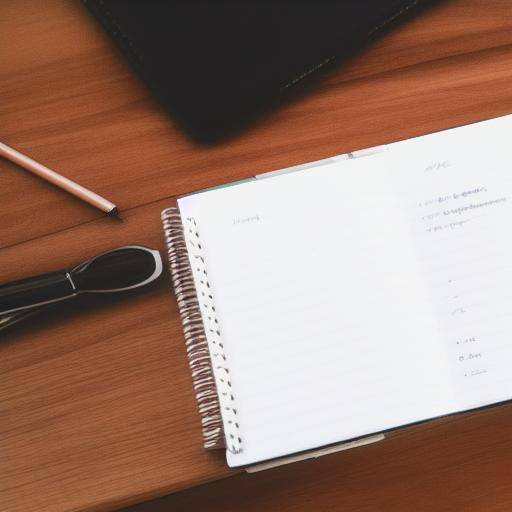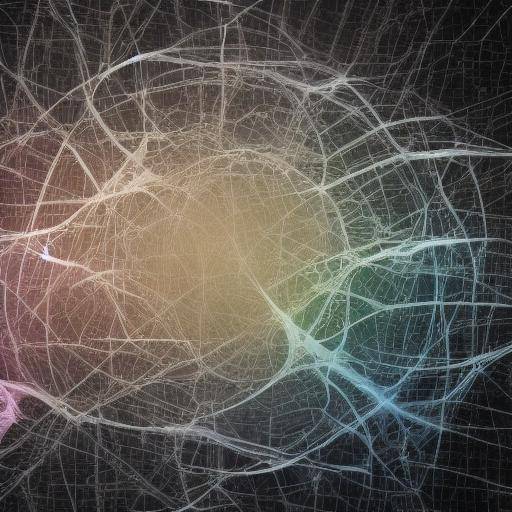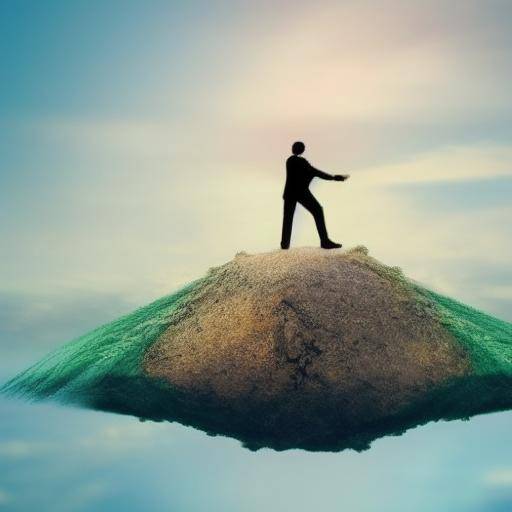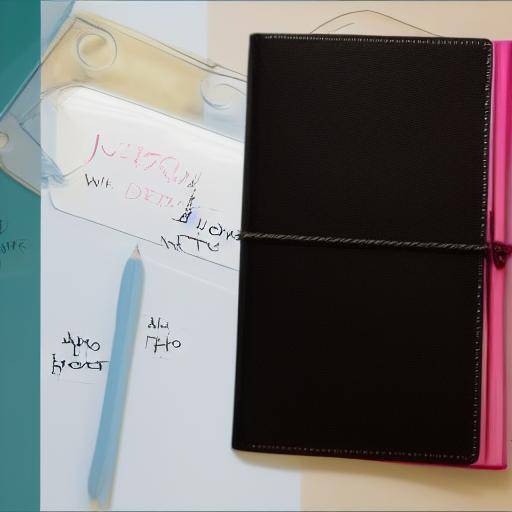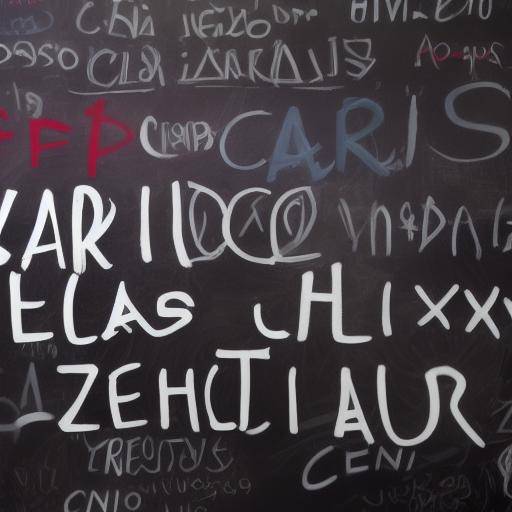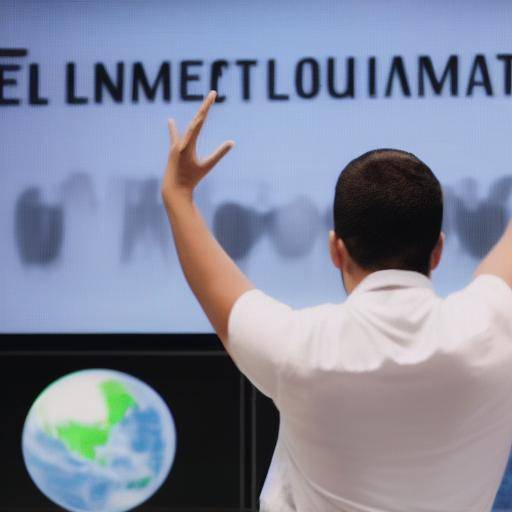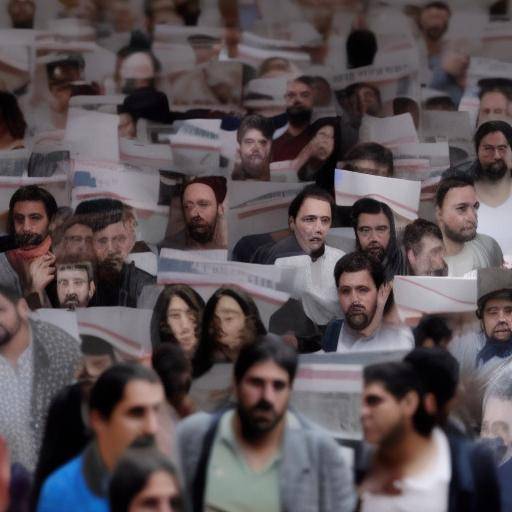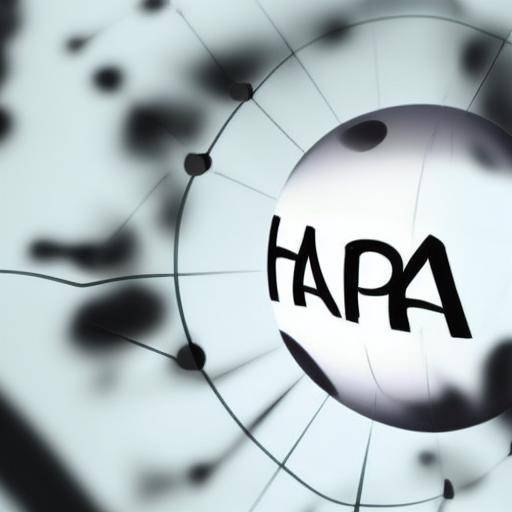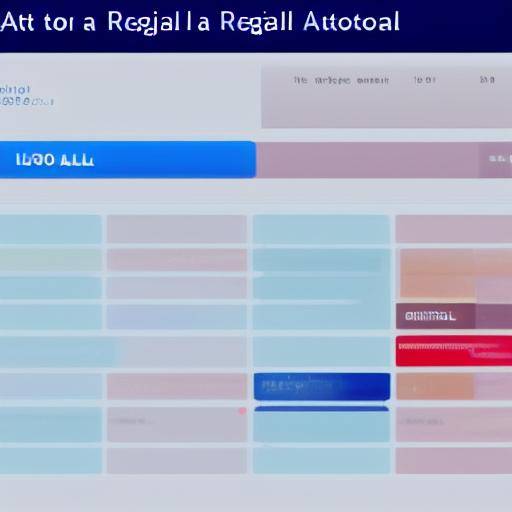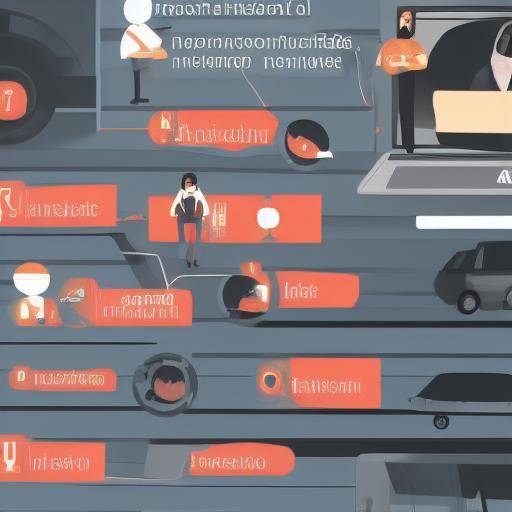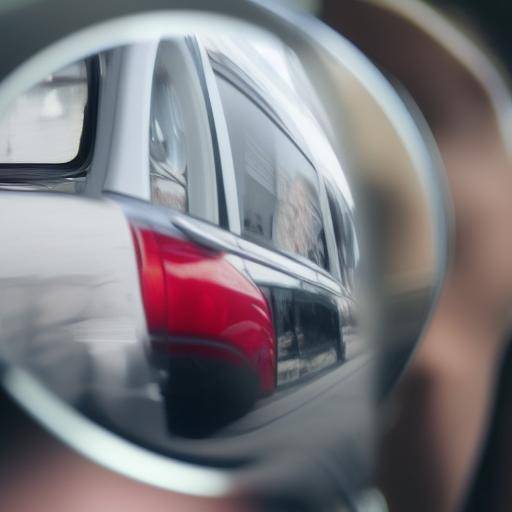
Introduction
Reflection and self-evaluation are fundamental processes for our personal and professional growth. In this article, we will explore the importance of reflection in effective self-evaluation, as well as its impact on individual and collective development. We will discover how these processes allow us to evaluate our progress, identify areas of improvement and enhance our skills. Throughout this reading, you will get valuable information, practical advice and deep insights on how reflection and self-assessment can transform our lives.
History and Background
Reflection and self-evaluation have deep roots in the history of humanity. From the old philosophies to the currents of psychology and personal development, these practices have evolved significantly over time. Understandably, their influence has been both individual and social.
The practice of reflection goes back to the teachings of great philosophers like Socrates, who advocated self-knowledge as the basis of wisdom. On the other hand, self-evaluation has taken a crucial role in labour and educational fields, influencing process development and decision-making. These historical backgrounds lay the foundation for understanding the importance of these concepts today.
Analysis in Deep
Reflection and self-evaluation offer many benefits, from fostering self-consciousness to improving decision-making. The ability to reflect on our experiences allows us to draw valuable lessons, identify patterns of behavior and understand our emotions. On the other hand, self-assessment gives us the opportunity to measure our performance, identify areas of improvement and set realistic goals.
However, these practices also present challenges. Reflection can be overwhelming in an accelerated world, while self-assessment can generate excessive anxiety or self-criticism. Overcoming these obstacles and maintaining a healthy balance is fundamental to their effectiveness.
Today, reflection and self-evaluation are growing trends in the professional and educational sphere. Companies, educational institutions and professionals of different disciplines have recognized their value in personal development and continuous improvement.
Comprehensive review
Reflection and self-assessment methods can vary widely, from guided meditation to performance evaluation at work. It is crucial to explore different approaches and adapt them to our individual needs. Also, understanding best practices and possible limitations allows us to optimize these processes.
In addition, considering the perspectives of experts and leaders in the field of reflection and self-assessment gives us a more complete vision and helps us to anticipate future trends in personal and professional development.
Comparative analysis
While reflection and self-evaluation are different practices, they share a common purpose: to enhance personal and professional growth. By understanding their similarities and differences, we can make the most of these processes and achieve more significant results.
Practical Tips and Accessible Tips
By incorporating daily reflection into our lives, we can increase our self-consciousness and improve our decision-making. Furthermore, establishing a self-assessment system can help us achieve our goals more effectively. Through practical advice and applicable strategies, we can implement these practices in a sustainable manner.
Conclusions and FAQs
In short, reflection and self-evaluation are fundamental pillars for our personal and professional growth. By understanding their importance, exploring their background and benefiting from practical advice, we can integrate these practices significantly into our lives. Now that we have deepened these concepts, it is natural that common questions arise. Here are some frequent questions to provide a deeper understanding of reflection, self-evaluation and its impact on personal and professional growth.
What is reflection and why is it important?
Reflection is the process of meditating, contemplating or carefully considering a topic or experience, in order to understand it more deeply. It is fundamentally important because it allows us to draw meaningful lessons from our experiences, identify patterns of behavior and emotions, and make more informed decisions.
How can I incorporate reflection into my daily routine?
You can incorporate reflection into your daily routine by dedicating a few minutes each day to meditation, writing in a personal journal or simply taking a moment to think about your day experiences. The key is to book a regular time for this practice.
In what aspects of my life can I apply self-assessment?
Self-assessment can be applied in multiple aspects of life, from work and academic to personal growth. You can evaluate your performance at work, your daily habits and routines, your personal and professional goals, among others.
How can I overcome excessive self-criticism in self-assessment?
It is important to cultivate self-compassion and practice focus on improvement, rather than perfection. In addition, receiving constructive feedback from trusted people can help you get a more balanced perspective.
What is the relationship between reflection and personal growth?
Reflection promotes self-knowledge and awareness, fundamental aspects of personal growth. In reflecting on our experiences, we can identify areas of development, strengths and weaknesses, which leads to greater growth and self-realization.
How can organizations encourage reflection and self-assessment among their employees?
Organizations can foster reflection and self-evaluation by promoting a culture of constructive feedback, providing opportunities for professional and personal development, and recognizing the importance of the balance between work and self-reflection.
By understanding in depth the importance of reflection in effective self-evaluation, as well as its impact on personal and professional growth, we can integrate these practices significantly into our lives. In doing so, we open ourselves to possibilities of personal development, acquisition of new skills and a greater understanding of ourselves and our environment.




